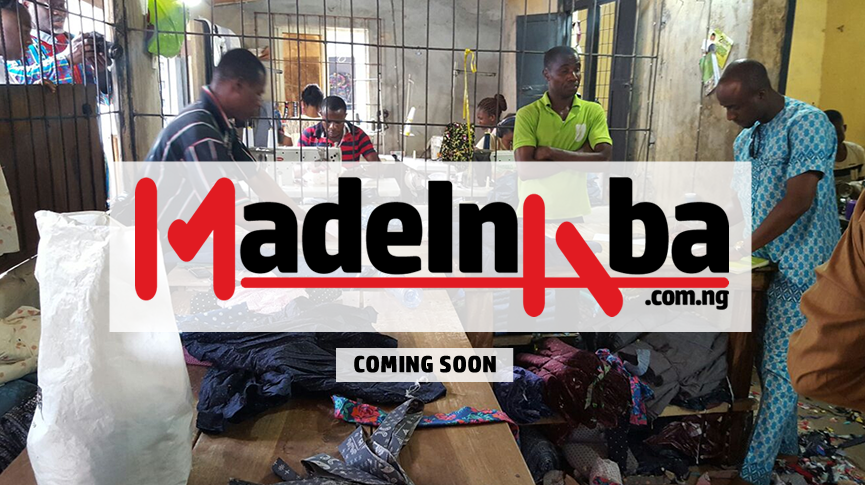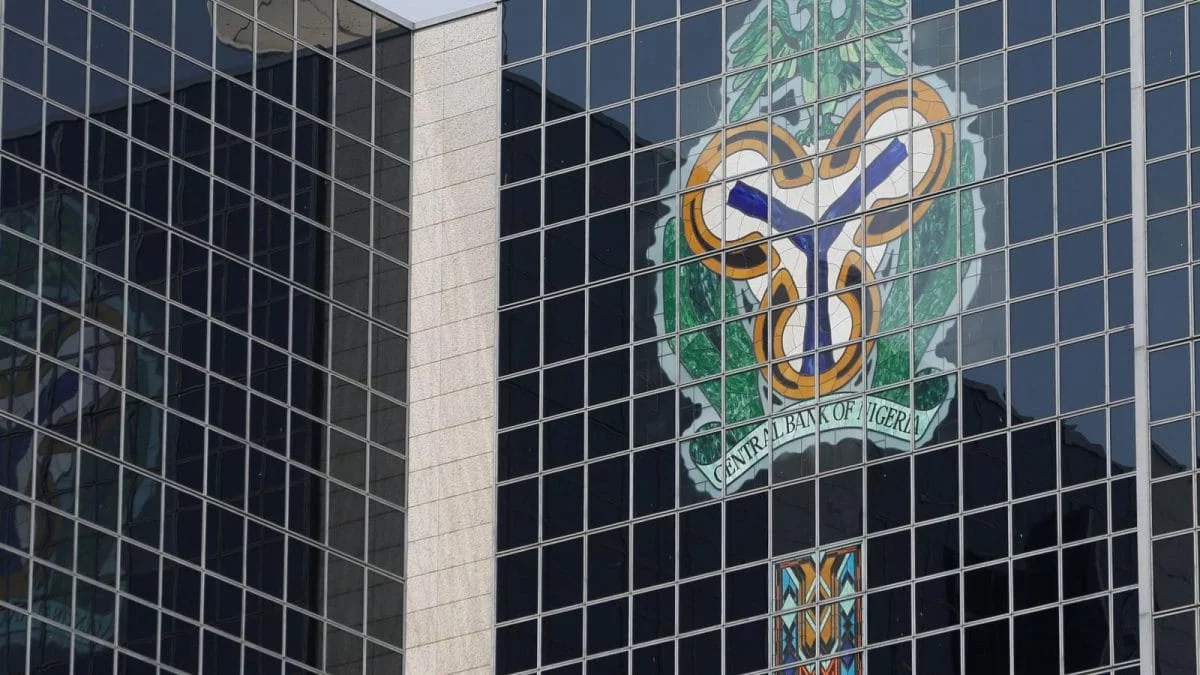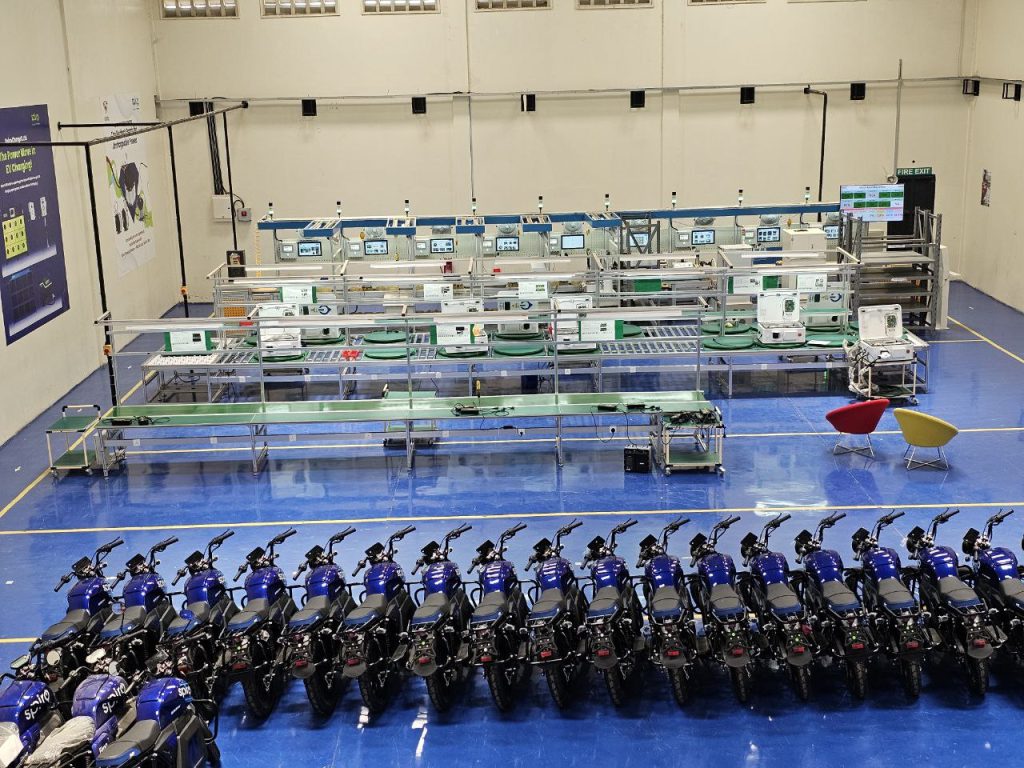Mark Essien thinks setting up a company in Rwanda is like driving a Tesla, while setting up a company in Ghana is like riding horse and chariot. That’s fair. Methinks setting one up in Nigeria is like trying to sell Gala sausages to someone in traffic, only that the bus driver insists on driving as fast as Lagos traffic will allow him, meandering from lane to lane. Did I mention that you have your 18-month old child strapped to your back, and Lagos State government officials are chasing you because appaz, hawking is illegal?
Don’t mind me. There’s better news. Yesterday, Sam Hart (Senior Special Assistant to the Governor of Abia State, Nigeria) announced MadeInAba.com.ng on Twitter. On October 1, the Alibaba-Jumia Hybrid (as he described it) will officially launch, and give the rest of the country access to the products made in Aba.
Context, for those who don’t live here: Aba is located in South East Nigeria, and is home to lots of artisans who make shoes, bags, belts, clothes, etc. The “Made In Aba” trope is one that’s typically used to look down on these products as inferior (it’s not helped by the fact that some of them are imitations of Western brands), but the Abia State government is turning that narrative on its head. If MadeInAba.com.ng is properly executed, it will give these traders/producers a much larger market to sell to, than the people (mostly resellers) who are brave enough to take a trip to that neck of the woods.
I like. 🙂
You would have received this blurb via email at 7am today, if you were subscribed to the TechCabal digest. It’s a daily (or if you prefer, weekly) roundup of only the most interesting tech news from around Africa, with (the most) witty commentary (in the ecosystem) and a free GIF/meme with every edition. Sound good?
Sign up here: eepurl.com/DSb0n
Update (by Tola): So we received a release that gave more info about MadeInAba.com.ng. You know the basics – it’s an e-commerce site that’ll make all (or most of) the products that are made in Aba available to buyers from all parts of Nigeria. What you don’t know is:
- There’ll be a customer-protection feature where payments won’t be released to merchants until customers receive their purchases and confirm they are satisfied with them.
- Merchant/manufacturer profiles will come with verification tags to help customers decide who to buy from. Verified profile will be discernible from non-verified ones.
- There’ll be physical stores where customers can buy MadeInAba products. The stores will offer wholesale and retail services and will take orders from customers, contact the producers and ensure delivery. There should be MadeInAba stores in Lagos and Abuja by next year.
- Merchants who sign up for free can post up to 50 products of their on the site.

















